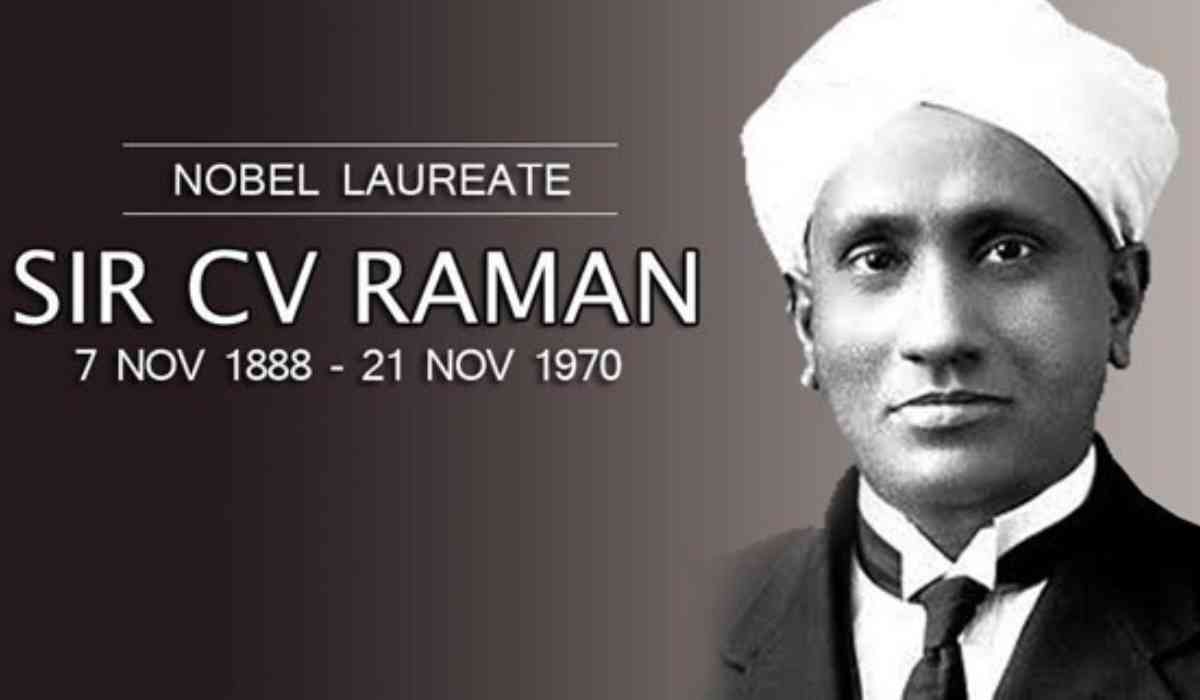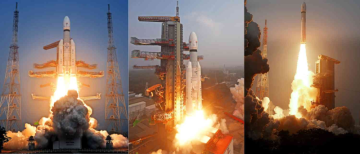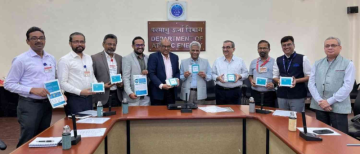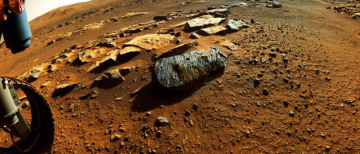A Day to Honor the Strength of Knowledge
Science transcends mere academic pursuit; it embodies the essence of advancement, the foundation of society, and the gateway to understanding the universe's enigmas. Each year on February 28, India observes National Science Day to pay tribute to Sir C.V. Raman’s monumental discovery—the Raman Effect. This groundbreaking achievement, which earned him the Nobel Prize in Physics in 1930, not only positioned India prominently on the global scientific stage but also ignited the passion of countless scientists to explore the frontiers of knowledge. However, this day is more than just a celebration of historical milestones. National Science Day 2025 serves as a compelling reminder that scientific exploration is crucial for a nation’s development.
It underscores the significance of critical thinking, technological progress, and innovation in crafting a promising future. As India steps forward as a key player in fields like space exploration, artificial intelligence, biotechnology, and sustainable energy, this day encourages us to reflect on the nation’s scientific evolution and the journey that lies ahead.
The Raman Effect: A Discovery That Transformed Science
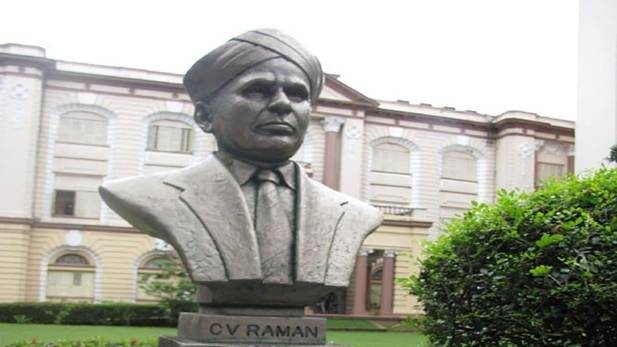
In 1928, fueled by an insatiable curiosity and a profound love for physics, Sir C.V. Raman unveiled the Raman Effect, which elucidates how light scatters when it traverses a transparent medium. This groundbreaking discovery revolutionized our understanding of light-matter interactions, paving the way for advancements in spectroscopy, molecular analysis, and medical diagnostics.
Today, Raman Spectroscopy finds extensive applications in forensic science, pharmaceuticals, nanotechnology, and even space exploration. The fact that a discovery made nearly a century ago continues to shape contemporary science is a powerful testament to the lasting impact of Raman’s contributions.
India's Scientific Odyssey: From Raman to Chandrayaan
Since the era of C.V. Raman, India has embarked on an impressive journey in the realms of science and technology. Once perceived as a developing nation grappling with fundamental infrastructure issues, India has now emerged as a formidable player on the global stage, excelling in space exploration, artificial intelligence, renewable energy, and medical advancements.
Key institutions such as the Indian Space Research Organisation (ISRO), the Defence Research and Development Organisation (DRDO), and the Council of Scientific and Industrial Research (CSIR) have been instrumental in propelling India's scientific evolution. The remarkable successes of the Chandrayaan and Mangalyaan missions stand as testaments to India's capabilities in space exploration, showcasing years of dedicated scientific effort. India's dedication to research is also evident in its groundbreaking work in medicine and biotechnology. The rapid development of vaccines and innovative research in genetic engineering and AI-enhanced healthcare illustrate that science is not merely about exploration but also about making a significant impact on people's lives.
Making Science Accessible: Bridging the Divide
Despite these remarkable achievements, a pressing challenge remains: ensuring that scientific knowledge reaches every citizen. One of the major hurdles India faces is the need to democratize science, making it accessible beyond the confines of research labs and prestigious institutions. Currently, science education in India often emphasizes rote memorization over critical thinking and practical experimentation. For a nation aspiring to lead in technology and innovation, nurturing a scientific mindset among the youth is essential.
To genuinely pay tribute to the legacy of scientists like C.V. Raman, India needs to:
Foster a culture of curiosity and inquiry instead of just rote learning.
Channel resources into STEM education, emphasizing practical applications.
Encourage grassroots innovations that address real-life challenges.
Enhance scientific communication to connect research with society effectively.
Initiatives like the Atal Innovation Mission, the National Education Policy (NEP) 2020, and Start-up India are positive steps forward, but their effectiveness hinges on proper execution.
The Role of Youth: The Innovators of Tomorrow
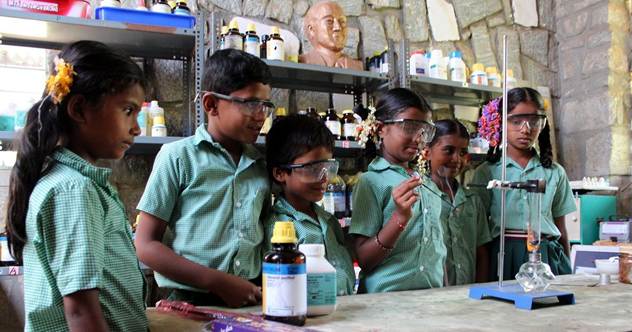
The advancement of science in India is largely dependent on its youth—students, researchers, and innovators. National Science Day serves not only to commemorate past successes but also to motivate the upcoming generation to aspire for greater heights, think outside the box, and question existing norms. India's young minds are already making significant strides in areas such as robotics, artificial intelligence, space exploration, and climate science.
The emergence of tech-focused start-ups and the growing number of Indian researchers making global contributions signal a bright future ahead. Nevertheless, obstacles persist. Young scientists and innovators frequently face challenges related to funding, mentorship, and access to international research experiences. For India to truly emerge as a scientific powerhouse, it must cultivate an environment where creativity thrives, risks are embraced, and setbacks are viewed as opportunities for growth.
Science and Society:
The Importance of a Scientific Mindset Science extends beyond laboratories and educational institutions; it is vital in shaping public policy, promoting environmental sustainability, and driving economic growth. However, the prevalence of superstitions, misinformation, and pseudoscience continues to obstruct progress.
A society that prioritizes evidence-based reasoning over unfounded beliefs is far better prepared to confront issues such as climate change, public health emergencies, and technological upheavals. National Science Day should remind us that science needs to be woven into our daily decision-making processes, influencing everything from healthcare to environmental stewardship.
The Future is Science
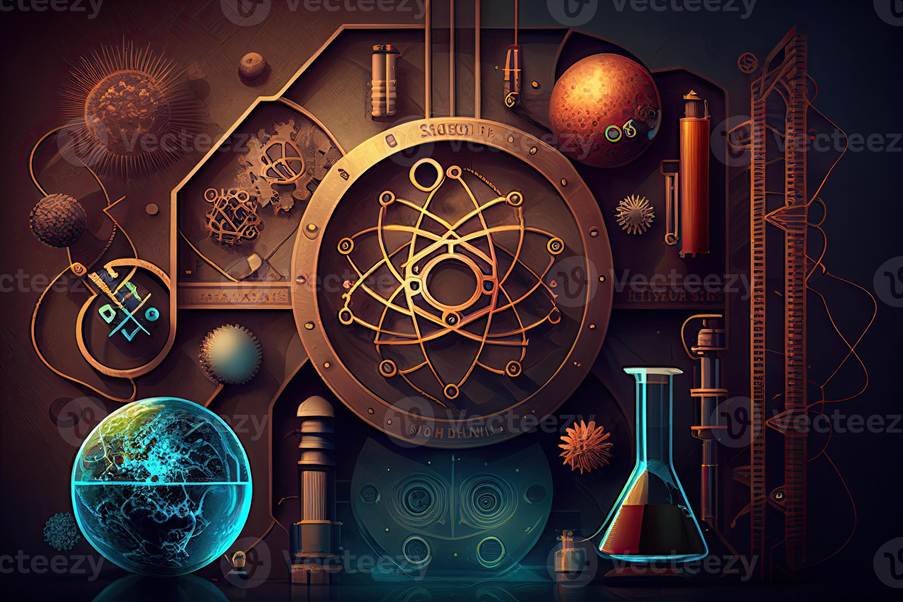
As India commemorates National Science Day 2025, it not only pays tribute to the remarkable contributions of C.V. Raman but also reaffirms its dedication to scientific advancement, innovation, and the quest for knowledge. In the decades ahead, India is poised to spearhead advancements in fields like space exploration, biotechnology, renewable energy, and artificial intelligence.
However, for this vision to materialize, science must be embraced by everyone—researchers, policymakers, and citizens of all ages. C.V. Raman famously stated, "The essence of science is independent thinking, hard work, and not equipment." This day serves as a rallying cry to foster curiosity, challenge conventional wisdom, and ensure that science remains central to India's narrative of progress. The future is in the hands of those who dare to explore, question, and innovate. Science is not merely about comprehending the world; it is about actively shaping it.
With inputs from agencies
Image Source: Multiple agencies
*The views expressed are personal to the author and do not reflect the platform's opinion of the same.
© Copyright 2024. All Rights Reserved Powered by Vygr Media.
Author's profile:
Arhan Ali is a sharp observer of economic and political currents, known for blending keen analysis with a dash of wit. Whether dissecting global trade wars or taking a playful jab at social absurdities, his writing strikes the perfect balance between intellect and irreverence.

